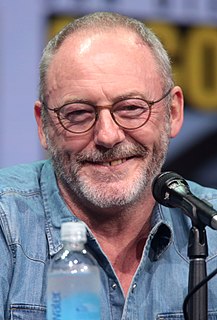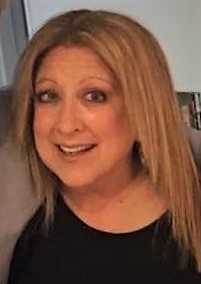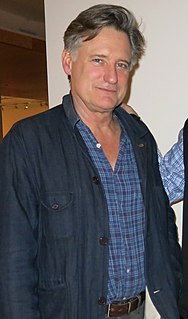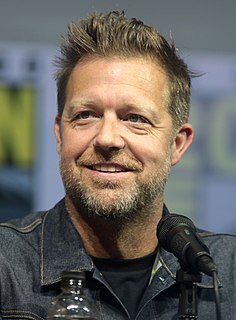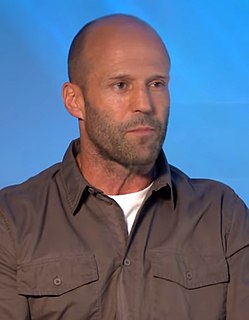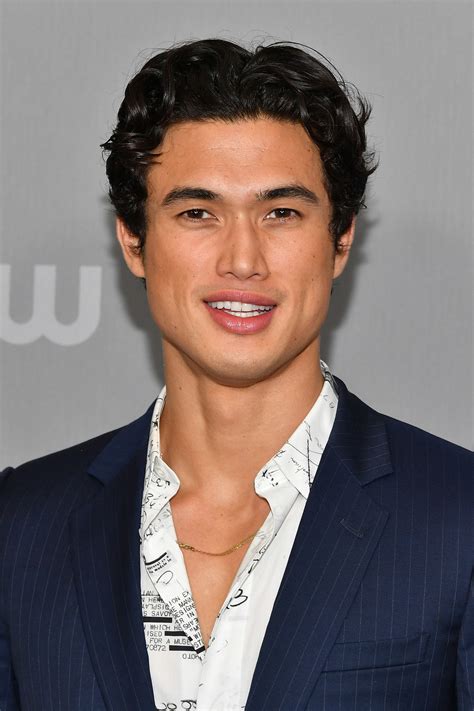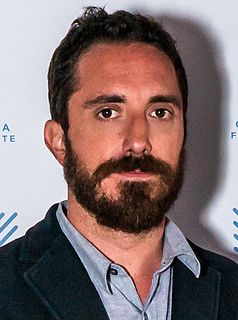A Quote by Liam Cunningham
If you're doing movies on a set... many times, I've shot the end of a movie in the first week of shooting. Because of locations or budgets or actors' availability.
Related Quotes
Because the world of this film begins and ends in the imagination of Tim Burton, you're not seeing a movie that's been shot on locations that you've seen a million times. Because this world has no rules, you're seeing so many different and separate brushstrokes and colors and characterizations somehow getting combined through Tim.
The movies I did before were movies with a lot of characters, a lot of locations, and low budgets, which meant that I was running all over the place and never had the chance to build a relationship with an actor. I was always having big, strong relationships with the cinematographers or editors or production designers, but not with the actors.
I do extensive storyboards so people can get a sense of what we're doing, and what the attitude and tone is. I work a lot with the actors. I like to go to sets or locations with them before shooting so that they know what they'll be doing on the day. I have found actors really do like to know about blocking, etc., before the shoot day comes.
My schedule is completely different doing a play than it is doing a movie, and I actually think it's a much harder schedule because you've got to do it eight times a week and you've got to do it good eight times a week and with different kinds of audiences who are cold or drunk or tired, whatever it is.
You only get one shot in your life and you might as well push yourself and try things. There's so many interesting aspects of making a movie; the costume department, the set design, the casting itself, the locations. It's a great, great thing to be involved in if you have the headspace for it, and I do. Try anything once.
Maybe if I'd gone in younger, I wouldn't have had that feeling, but I've seen an enormous amount of changes since the early-'70s in how this stuff is shot. I did the first TV movie ever shot in 18 days; before this film the normal length of shooting a TV movie was between 21 and 26 days. We shot a full-up, two-hour TV movie in 18 days with Donald Sutherland playing the lead, who had never worked on television before.
I think you can make a gorgeous movie on any piece of equipment. Look at 'Tangerine,' which is a beautiful movie shot on an iPhone. You see so many movies that are impeccably shot but are vapid, and there's no audience for that except for other cinematographers who just like to watch two-hour-long music videos.
There are some filmmakers like the Coen brothers that are very precise. They make shooting boards, they do it shot by shot, and they follow every single line in their own script. They make amazing movies, and I admire them so much, but I can't do that. I have no idea how the movie will exactly be. While shooting, I just try to create an accident that I don't control very well - grabbing things from different sources and ideas, and then having a sensation somewhere that it will make sense.
